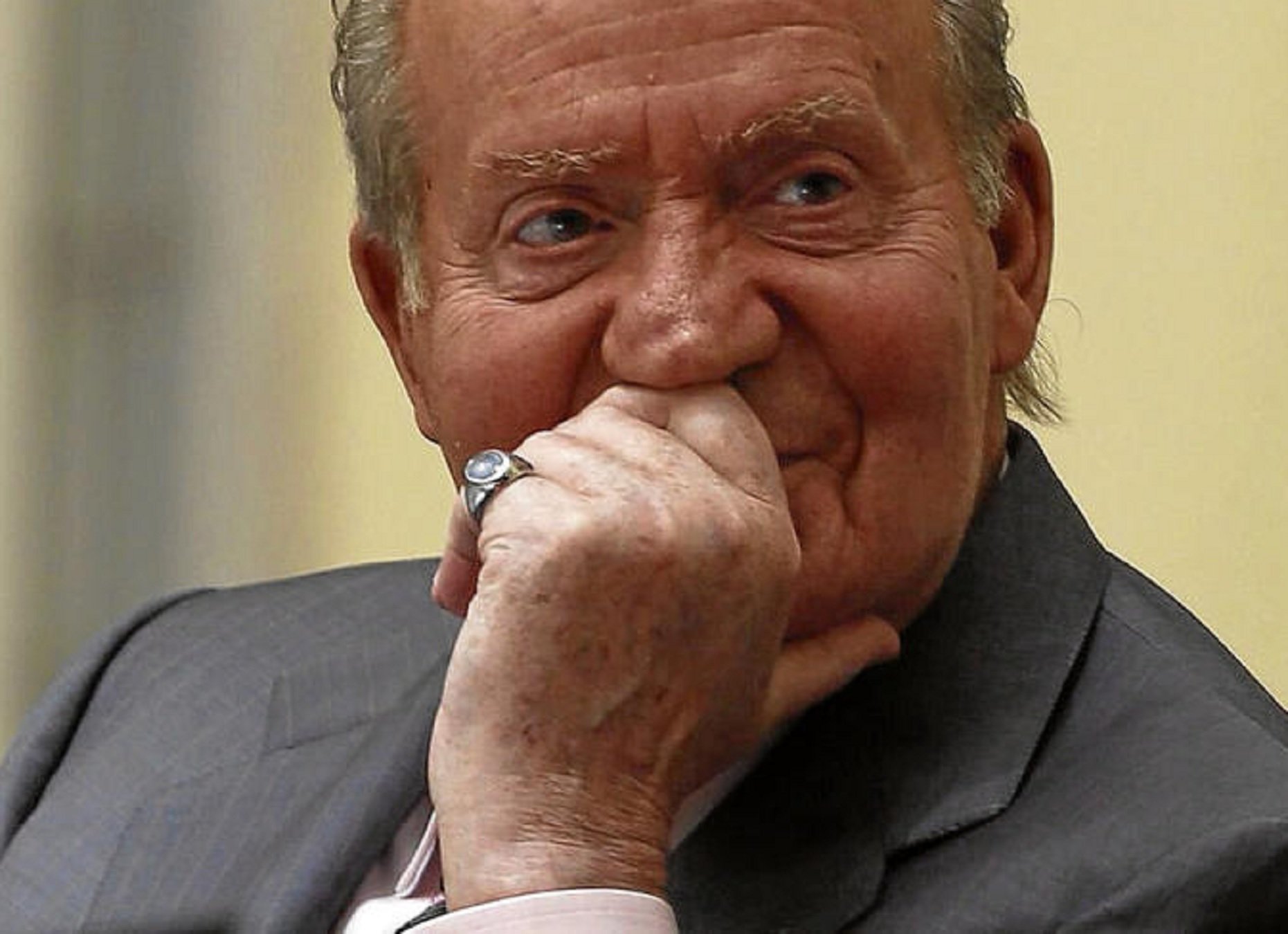The "opaque" credit cards used by the Spanish royal house have become yet another matter which is tormenting the family's exiled patriarch Juan Carlos I. In the face of this situation, as newspaper El País has reported, the king emeritus has decided to attempt damage control. According to a statement from his lawyer, the former king of Spain has presented a declaration for undeclared income to the country's tax agency "without receiving a prior demand" to do so. The total amount already paid, according to the document, is 678,393.72 euros. In other words, the monarch who fled to the United Arab Emirates has declared funds that he had not previously told the Spanish tax authorities about. Thus, he admits tax fraud, but by doing so, could avoid possible criminal investigations.
In a statement issued this Wednesday afternoon, lawyer Javier Sánchez-Junco reports that king emeritus Juan Carlos has “instructed him to announce publicly that, today, he has presented a declaration without prior demand to the competent tax authorities that resulted in a tax debt, which has now been paid, to a value of 678,393.72 euros”. The lawyer states that "in any case, king Juan Carlos continues, as always, at the disposal of the public prosecution service for any procedure or action it may deem appropriate."

The action is important because it could save the former head of state from criminal consequences, at least in this case, one of many affairs he has pending. The Supreme Court prosecutors have been investigating the use by the king emeritus and his entourage - such as his grandchildren Froilán and Victoria Federica - of credit cards linked to current accounts of which he is not the holder. The funds to cover payments made on the cards are alleged to have come from Mexican businessperson Allen Sanginés-Krause. The businessman supposedly made the cards available to Juan Carlos I, who did not declare the payments to Spain's tax authorities.
The sum involved in the tax fraud is thought to have exceeded 120,000 euros in some years, the threshold for consideration of the offence as a serious tax crime, punishable with up to five years in prison. And the most important aspect: these opaque cards are believed to have been used between 2016 and 2018, when Juan Carlos was no longer Spain's head of state and therefore had lost his former protection of constitutional inviolability.
Government silence
The Spanish coalition government, or at least its senior partner, the PSOE, maintains a level of silence about the scandals that plague Spain's royal family. In fact, this Wednesday it had two pressing scandals which were both given the same no-comment treatment. There was silence on the request for fiscal regularization submitted by the king emeritus Juan Carlos I, as well as on the matters of the politicized former military officers who sent letters to Felipe VI.
Despite the fact that junior coalition partner Unidas Podemos has voiced criticisms on the issue, government spokesperson María Jesús Montero preferred to avoid debate on the matter at today's post-cabinet press conference. First, she refused to provide information on the situation of "any particular person or company." Secondly, she made if there was any desire to comment, those at the centre of the issue should do it: that is, the Zarzuela royal palace, not the Spanish government, should speak. However, she affirmed that "all Spaniards must fulfill their obligations". Only on this one point did she deviate slightly from the script.

